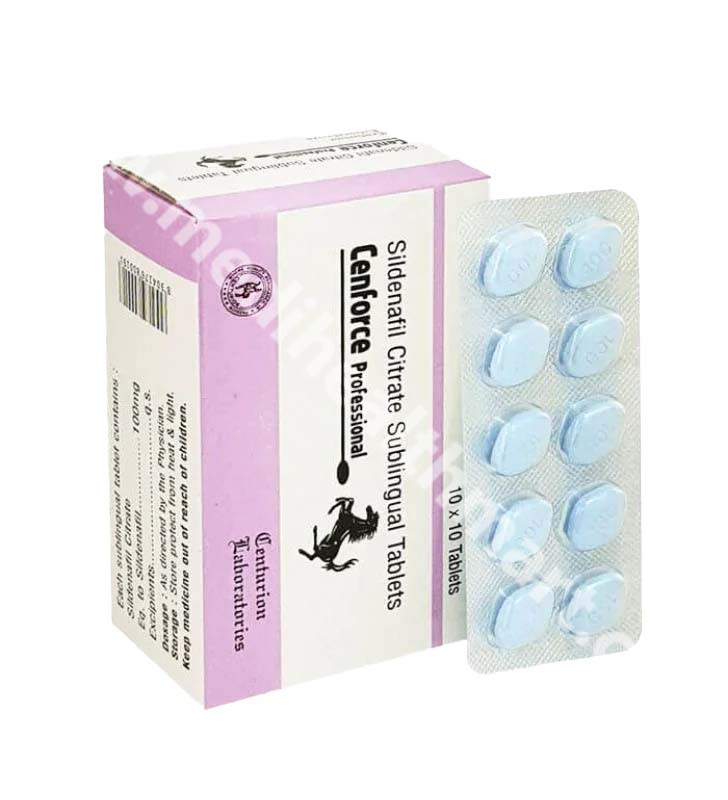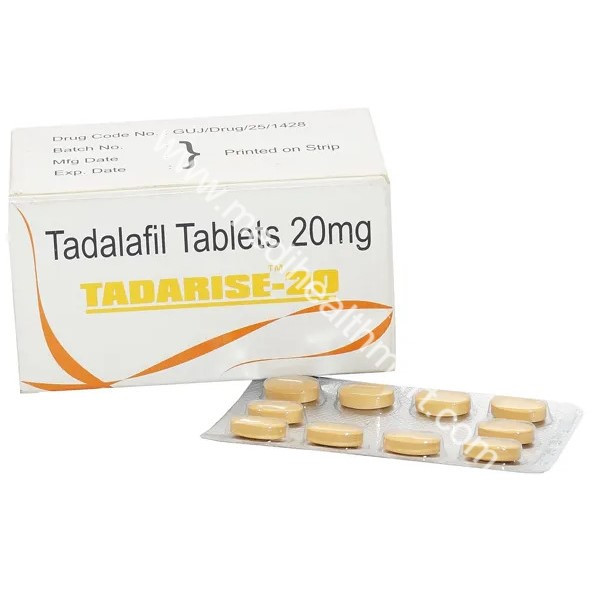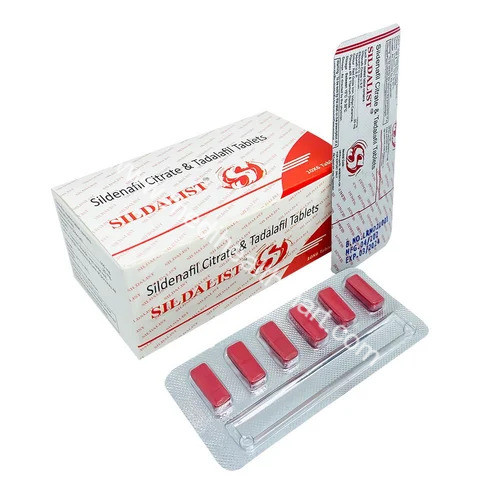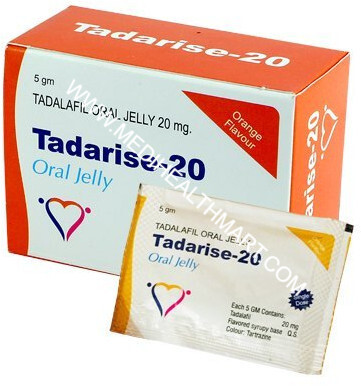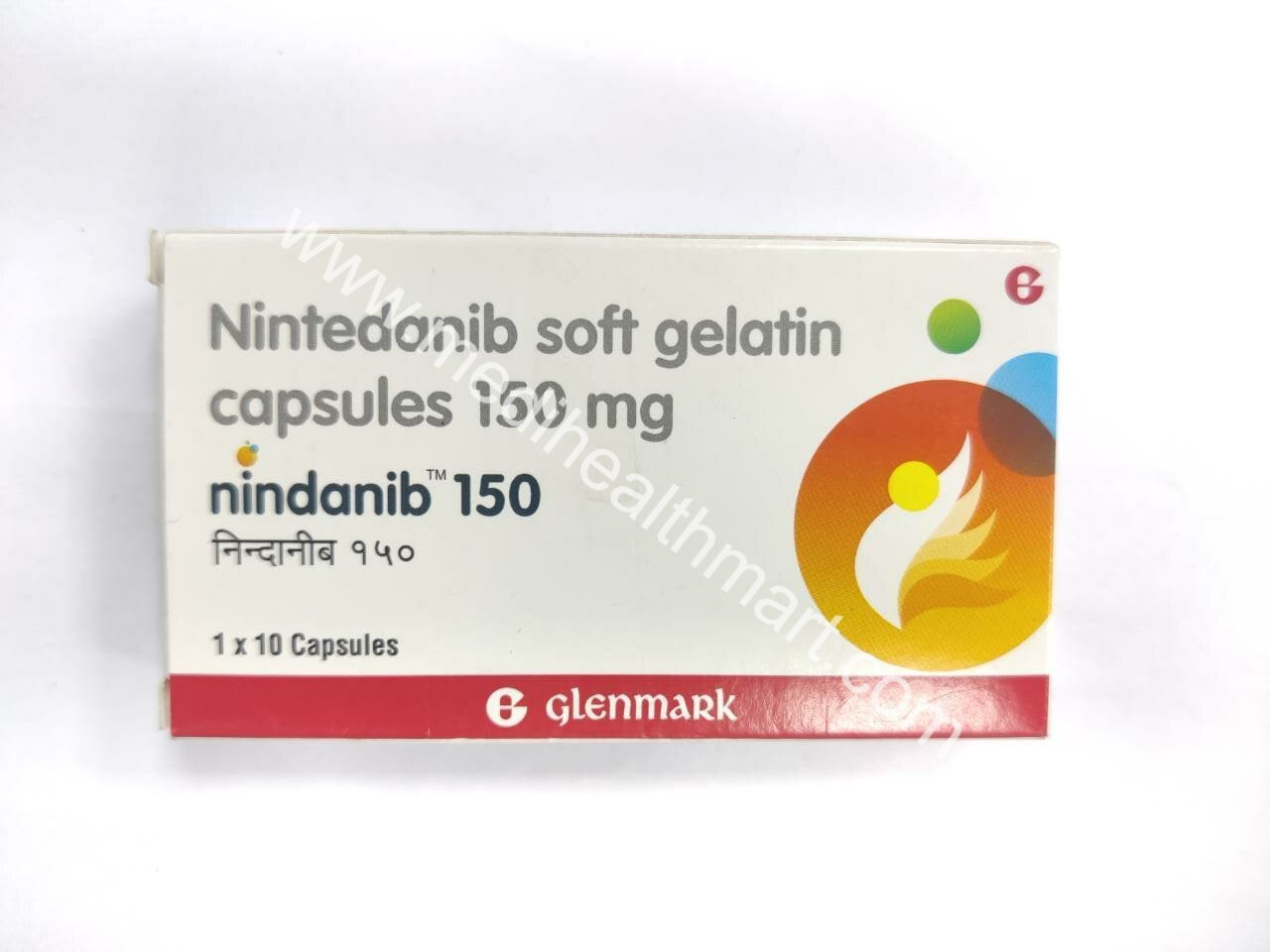

Capnea Injection
Capnea Injection contains Caffeine Citrate, a central nervous system stimulant used primarily to treat apnea of prematurity — a condition where premature babies stop breathing for short periods due to immature respiratory control.
Caffeine citrate works by stimulating the brain’s respiratory center, increasing the baby’s breathing rate and reducing apnea episodes. It’s considered the first-line pharmacological treatment for apnea in premature neonates and has been widely studied for its safety and effectiveness.
Uses of Capnea Injection
✅ Apnea of Prematurity — short pauses in breathing in preterm infants
✅ Stimulation of Central Respiratory Drive — enhances breathing regulation in immature neonatal brains
✅ Improvement of Oxygen Levels — reduces hypoxia episodes, improving overall health in premature babies
Key Benefits
-
Helps reduce the frequency and severity of apnea episodes in premature infants
-
Improves oxygenation and overall stability in neonatal care
-
Reduces the need for mechanical ventilation or supplemental oxygen in many cases
-
Well-established safety profile with proper neonatal dosing and monitoring
-
Administered under expert medical supervision in NICU (neonatal intensive care unit)
How Capnea Injection Works
Caffeine citrate belongs to the methylxanthine class of drugs and acts as a central nervous system stimulant. It enhances the sensitivity of the respiratory center in the brain to carbon dioxide and increases diaphragmatic muscle contractility, leading to more regular and effective breathing in premature babies.
By reducing apnea episodes, it also helps minimize hypoxic events (low oxygen) and reduces associated risks such as bradycardia (slow heart rate) and long-term developmental complications.
-
$69.00 - $99.00
-
$79.00 - $181.00
-
$59.00 - $95.00
-
$60.00 - $183.00
-
$45.00 - $121.00
-
$95.00 - $200.00
Reviews & Ratings
Capnea Injection contains Caffeine Citrate, a central nervous system stimulant used primarily to treat apnea of prematurity — a condition where premature babies stop breathing for short periods due to immature respiratory control.
Caffeine citrate works by stimulating the brain’s respiratory center, increasing the baby’s breathing rate and reducing apnea episodes. It’s considered the first-line pharmacological treatment for apnea in premature neonates and has been widely studied for its safety and effectiveness.
Uses of Capnea Injection
✅ Apnea of Prematurity — short pauses in breathing in preterm infants
✅ Stimulation of Central Respiratory Drive — enhances breathing regulation in immature neonatal brains
✅ Improvement of Oxygen Levels — reduces hypoxia episodes, improving overall health in premature babies
Key Benefits
-
Helps reduce the frequency and severity of apnea episodes in premature infants
-
Improves oxygenation and overall stability in neonatal care
-
Reduces the need for mechanical ventilation or supplemental oxygen in many cases
-
Well-established safety profile with proper neonatal dosing and monitoring
-
Administered under expert medical supervision in NICU (neonatal intensive care unit)
How Capnea Injection Works
Caffeine citrate belongs to the methylxanthine class of drugs and acts as a central nervous system stimulant. It enhances the sensitivity of the respiratory center in the brain to carbon dioxide and increases diaphragmatic muscle contractility, leading to more regular and effective breathing in premature babies.
By reducing apnea episodes, it also helps minimize hypoxic events (low oxygen) and reduces associated risks such as bradycardia (slow heart rate) and long-term developmental complications.
Frequently Brought Products
-
$69.00 - $99.00
-
$79.00 - $181.00
-
$59.00 - $95.00
-
$60.00 - $183.00
-
$45.00 - $121.00
-
$95.00 - $200.00











